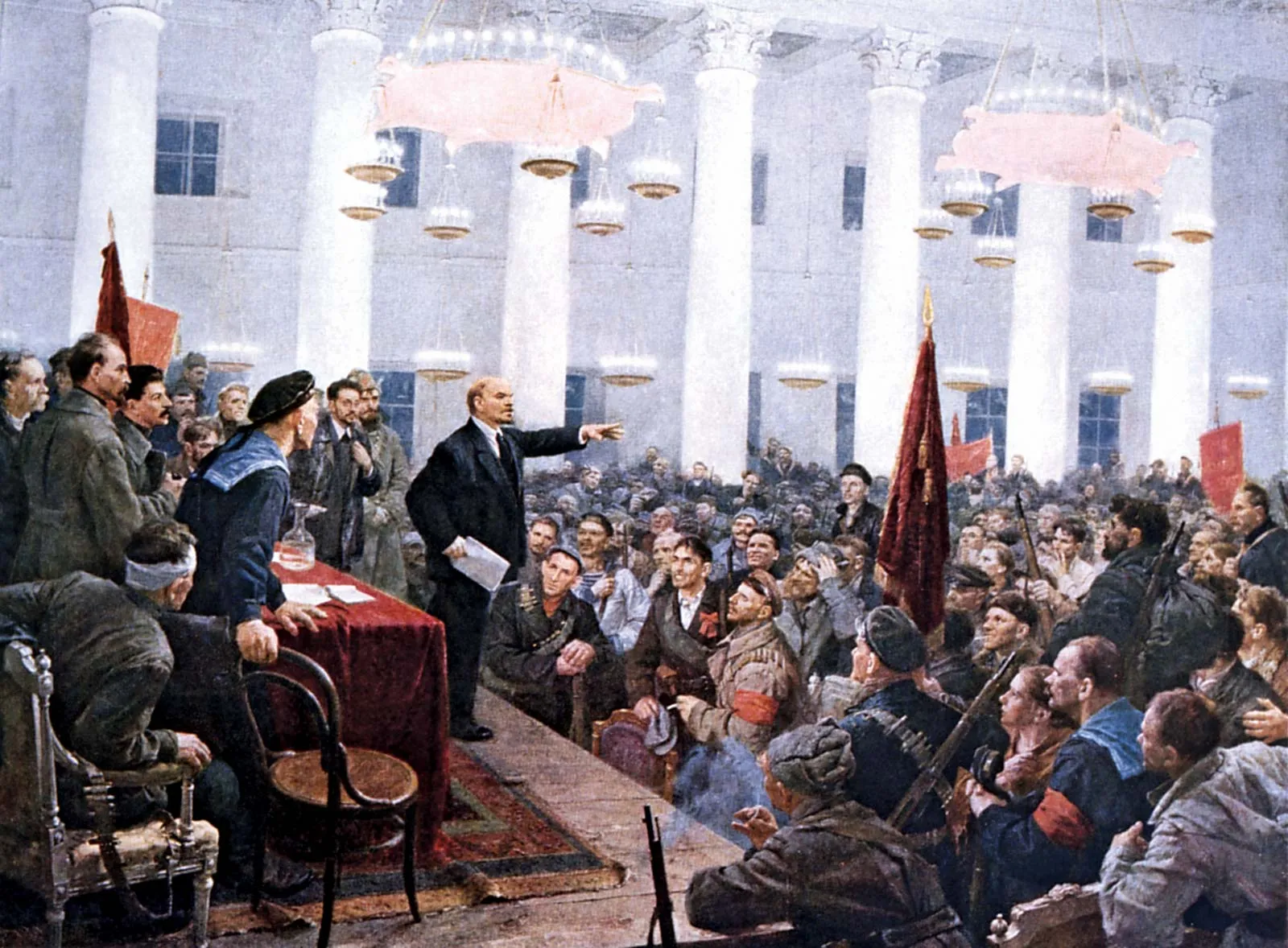
The New Economic Policy
Modern History (Year 12) - Bolsheviks in Power
Ben Whitten
Creation and Reasoning Behind the NEP
The NEP was an economic policy of Soviet Russia imposed by Lenin – Lenin described it as a progression towards state capitalism within the worker’s state of the USSR – it was a temporary retreat from the previous policy of extreme centralisation and doctrinaire socialism
The NEP was announced to help Russia’s economy from falling
The Kronshtadt Rebellion of March 1921 convinced the communist party and the leader, Lenin, that they needed to retreat from socialist policies in order to maintain the party’s hold on power
The NEP was viewed by the Soviet government as merely a temporary expedient to allow the economy to recover while the Communists solidified power
Effectiveness and Implications of the NEP
The NEP reintroduced a measure of stability to the economy and allowed the Soviet people to recover from years of war, civil war and governmental mismanagement
The NEP helped Russia recovered from the effects of WWI and the Russian Civil War
Many still believed it was a failure – this was mostly as it failed to meet the party’s despite for a socialist, industrial society
Although the NEP helped Russia prosper economically, some socialist believed it went too far with its free-market economic style, and it could have aided the Soviet Union into permanently being a capital economy – the original plan was to have capitalism in place until their economy was strong enough to achieve socialism
It was a successful temporary solution however, since it replaced war communism
War Communism
Measures introduced in 1918 to restore order and discipline to the economy
Included these main policies:
Nationalisation of industries
State control of foreign trade
Strict discipline for workers – strikes forbidden
Requisition of food, grain, from peasants to feed army
Rationing of food
No private enterprise
Military control of railroads
Why War Communism was Replaced
By 1921, War Communism was very unpopular among civilians; their revolts put pressure on the government to make a change
Tambov Rising – response from the peasants to the forced requisitioning of their grain to feed the towns and the Red Army
Kronshtadt Mutiny – over the increase of Bolshevik power at the expense of the workers; fought by sailors who were previously involved with the Bolshevik cause
These uprisings “lit up reality like a flash of lightning” according to Lenin
This realisation caused the NEP to come into effect
Lenin and the New Economic Policy
Lenin sees the discontinuation of War Communism as temporary but necessary for the Bolsheviks to remain in power
Lenin was willing to compromise ideology due to the two revolts that had happened in 1920-1921
Reasons for the NEP:
Increase food production by giving peasants an incentive to grow more
Get the economy going following the Civil War – private ownership provides motivation for small businesses and helps increase industrial production and trade
Reduce opposition to the Bolsheviks
Relax the unrest of the people
Relax economic policies, especially the ones associated with War Communism

